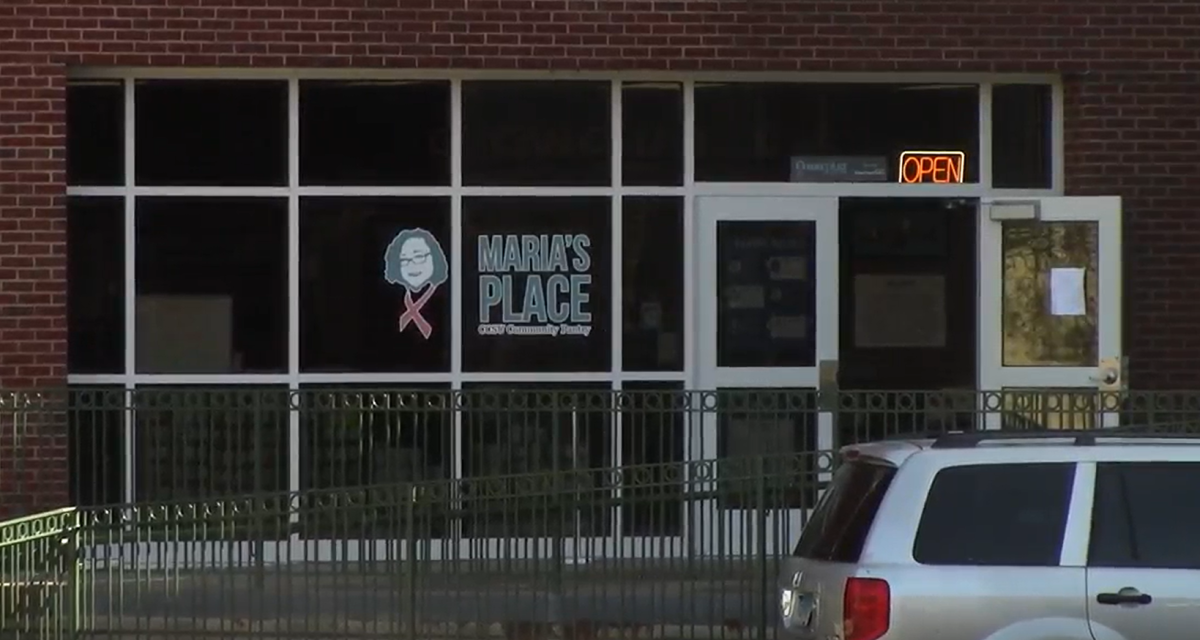By Matt Clyburn
A bill to repeal Connecticut’s ‘Blue Laws’ has been filed in the Connecticut State Legislature, marking a nearly annual attempt to strike down the laws that prohibit the retail sale of alcohol on Sundays.
Connecticut remains the only state in New England and one of only three states across the U.S. that enforces a Sunday ban on all retail liquor sales, according to a 2009 report by the Program Review and Investigations Committee. The report estimated that the state loses between $7 and $8 million in revenue annually to the laws that have remained in effect for more than three centuries.
Rep. Kathy Tallarita (D-Enfield) submitted the bill Jan. 10 because package store owners in her district expressed concern over competition with Massachusetts stores that can conduct sales on Sunday. Tallarita is a CCSU alumna and Deputy Majority Leader.
“I am encouraged that the public overwhelmingly supports Sunday liquor sales and that Governor Malloy has said he supports repealing the current ban,” Rep. Tallarita said in a statement in January. “Our state will gain millions in new revenue from Sunday alcohol sales, revenue that is badly needed as we work towards digging ourselves out of a projected large deficit.”
Despite that support from Malloy and overwhelming public support, lobbyist Carroll J. Hughes for the Connecticut Package Stores Association (CPSA) says that giving liquor stores the option to open an extra day would hurt small package stores competing with larger grocery chains. Hughes estimates that if the law is passed, Connecticut could lose more than 300 liquor stores and 500 jobs.
“The Booze Barons from London and Paris just want to sell pints and half-pints to people with drinking problems,” Hughes said to the Connecticut Post. “This is the richest market in the world and they want 24-7 sales. Anything else, they say, is a Blue Law.”
Tallrita remains optimistic.
“We’re gaining support every day from places we didn’t have support in the past,” she told The Recorder this week. “I think this is the year, the stars are all aligned.”
“If someone wants to open their business, they should have the right to do that like every other business in the state of Connecticut,” Tallarita said. “We’re not trying to pass a mandate, we’re trying to make this as inclusive and as fair as possible. This is the only industry where we tell them they can’t be open on a certain day of the week.”
The End Connecticut Blue Laws Coalition, a grassroots organization funded by the Connecticut Food Association, agrees. In a January statement, the coalition said that the “Sunday sale of beer, wine, and spirits at neighborhood grocery and package stores will increase convenience for consumers, prevent loss of business to neighboring states and generate up to $8 million in new revenue for the state.”
The organization cites the statistic that more than 73 percent of Connecticut residents have made a trip across the border to buy alcohol on Sundays.
Tallarita points out another, perhaps more obvious, benefit for CCSU students. Upon passage of the bill, “those that are over the age of 21 will now have the availability to buy beer on Sunday.”
Tallarita serves on the Finance, Revenue and Bonding, Aging, General Law and Legislative Management Committees.



